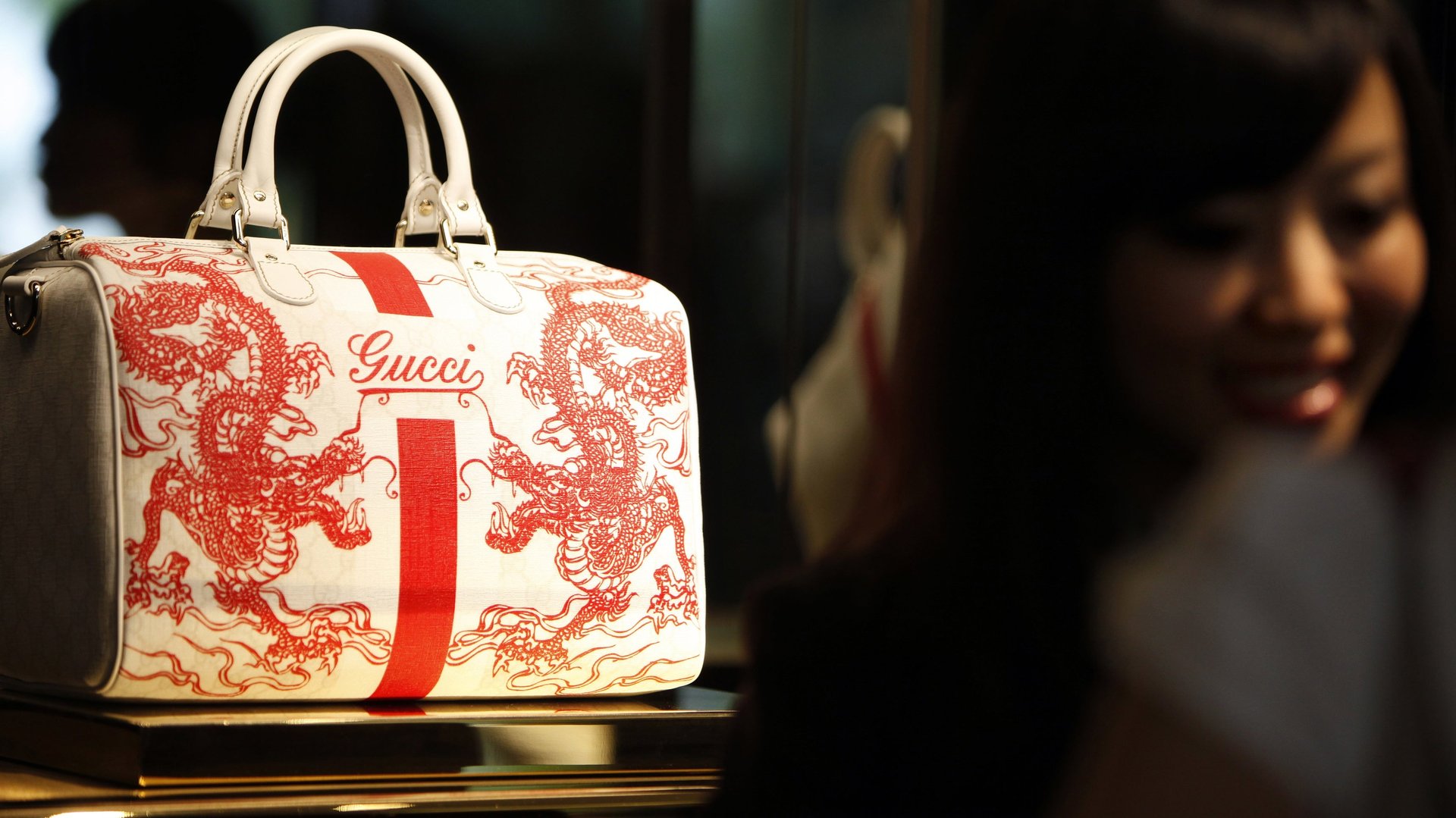How much do top fashion brands really depend on China?
Over the past 30 years, China has gone from a blip on the radar of luxury brands to arguably the most important luxury market in the world. In the 1980s, few brands even had a foothold in the country, due to the Chinese government’s tight restrictions on letting in foreign entities. But since 2000 or so, in the wake of major political, economic, and social shifts, luxury has flooded in. By 2010, more than 40 brands had entered China, and they’ve been rewarded in sales.


Over the past 30 years, China has gone from a blip on the radar of luxury brands to arguably the most important luxury market in the world. In the 1980s, few brands even had a foothold in the country, due to the Chinese government’s tight restrictions on letting in foreign entities. But since 2000 or so, in the wake of major political, economic, and social shifts, luxury has flooded in. By 2010, more than 40 brands had entered China, and they’ve been rewarded in sales.
So when China started devaluing its currency on Aug. 11 to boost the economy and its domestic producers, ultimately bringing the yuan down 3% against the US dollar, luxury brands quivered. Some more than others. Certain brands have come to rely on Chinese shoppers for a huge chunk of their revenue, especially when you factor in purchases made by Chinese shoppers traveling outside China. A downturn in China’s luxury spending directly hits those companies dependent on Chinese consumers, wherever they do their buying.
To figure out how much the yuan’s devaluation could hurt them, Deutsche Bank crunched the numbers and determined which ones rely most on China for their revenue. Leading the pack were Swatch, Ferragamo, Burberry, and Gucci, which is Kering group’s marquee brand.
Those figures are sizable enough, but they jump even higher when you take into account luxury purchases by Chinese nationals outside of China. Chinese shoppers spend more abroad on luxury goods than they do at home, often in locations such as Japan or Europe with favorable currency exchange rates. Swatch and Richemont, both purveyors of luxury watches and jewelry, derive more than 40% of their revenue from sales to Chinese buyers globally, according to Deutsche Bank.
That said, Deutsche Bank stressed that the yuan’s devaluation shouldn’t cause as much pain as the market has anticipated. That moderate view was echoed last week by an analyst at Exane BNP Paribas. Deutsche Bank estimates that, if the yuan were devalued by a total of 5% relative to other currencies, and brands didn’t take any counter measures (which is unlikely), “there would be, on average, a potential negative impact on profits of around 4%.” Swatch would fare slightly worse, losing up to 7%.
Certainly that’s money brands don’t want to lose, and in the short to medium term, sales could suffer slightly if China devalues the yuan further. But as Deutsche Bank points out, China’s economy is still expected to grow, and luxury sales should grow with it. “The powerful demographics of China’s middle class should continue to provide fuel to luxury demand growth for many years,” it writes.